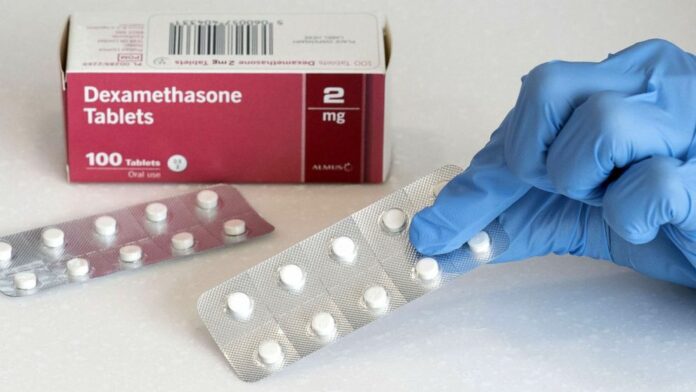South African pharmaceutical company Aspen’s share price surged more than 6% on the JSE in early trade on Wednesday after it said it owned the rights to dexamethasone, a drug labeled as a ‘breakthrough’ in the fight against COVID-19 by the World Health Organization (WHO).
“To ensure the equal distribution of information which may possibly be price sensitive, Aspen has noted the preliminary results of a drug trial using dexamethasone in the treatment of patients with COVID-19requiring respiratory intervention and the related media coverage,” read a short statement from the company.
“It is confirmed that Aspen owns rights to this product and distributes both injectables and/or tablets containing dexamethasone in a number of countries. Aspen markets an injectable dexamethasone in South Africa, which is manufactured locally by a third party,” the statement concluded.
Trial results announced on Sunday from Oxford University showed that the widely used drug reduced death rates by around a third among the most severely ill coronavirus patients.
South Africa’s Department of Health it was pleased about the results of the affordable life-saving drug used to treat critically ill COVID-19 patients.
Health Minister, Dr Zweli Mkhize said the drugs are also “easily implementable” in South Africa.
“Dexamethasone is a well-known and widely used steroid, which has potent anti-inflammatory properties. It is used in allergic reactions, asthma and other conditions where the inflammatory component of the disease needs to be controlled for better outcomes,” said Mkhize.
Dr Tedros Adhanom Ghebreyesus, WHO Director-General, said in a statement on Tuesday that the organisation welcomes the initial clinical trial results from the United Kingdom that show dexamethasone can be lifesaving for patients who are critically ill with COVID-19.
“This is the first treatment to be shown to reduce mortality in patients with COVID-19 requiring oxygen or ventilator support,” said Dr Tedros.
“This is great news and I congratulate the Government of the UK, the University of Oxford, and the many hospitals and patients in the UK who have contributed to this lifesaving scientific breakthrough,” he added.



